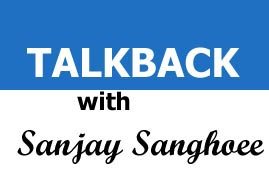
2720 people reached on Lassi with Lavina FB page
Sonny Chatrath, Pratibha Vuppuluri and 18 others like it on FB
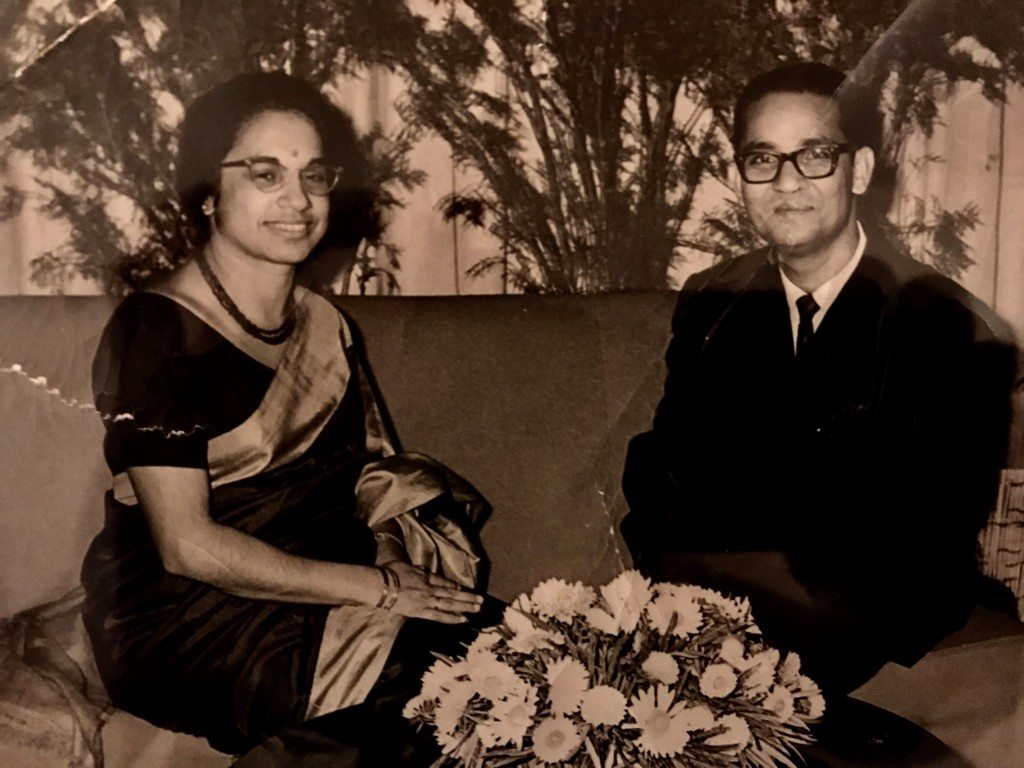
Should – and Can – Your Parents be Your Friends?
The Dilemma of Looking After Aging Desi Parents
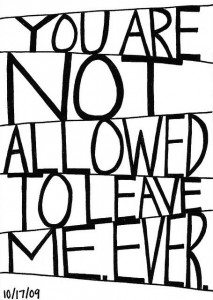
My own solution was to modify my perspective on the issue. I went from feeling a sense of obligation to care for my father to taking pleasure in repaying him for his patience and many kindnesses and sacrifices in bringing me up. That helped me to enjoy the journey instead of resenting it and improved my relationship with my father considerably.
In this follow-up piece, I want to examine the nature of this relationship, especially as my father has gotten older and the life gap between us has grown. We are at vastly different stages of our lives, our needs and priorities could not be more different, and even our views on things seem to constantly evolve and diverge. Sometimes it feels like we’re strangers, but at the same time something else is happening as well. I find myself discovering more about the person that my father is and the life that he has led and that brings me closer to him.
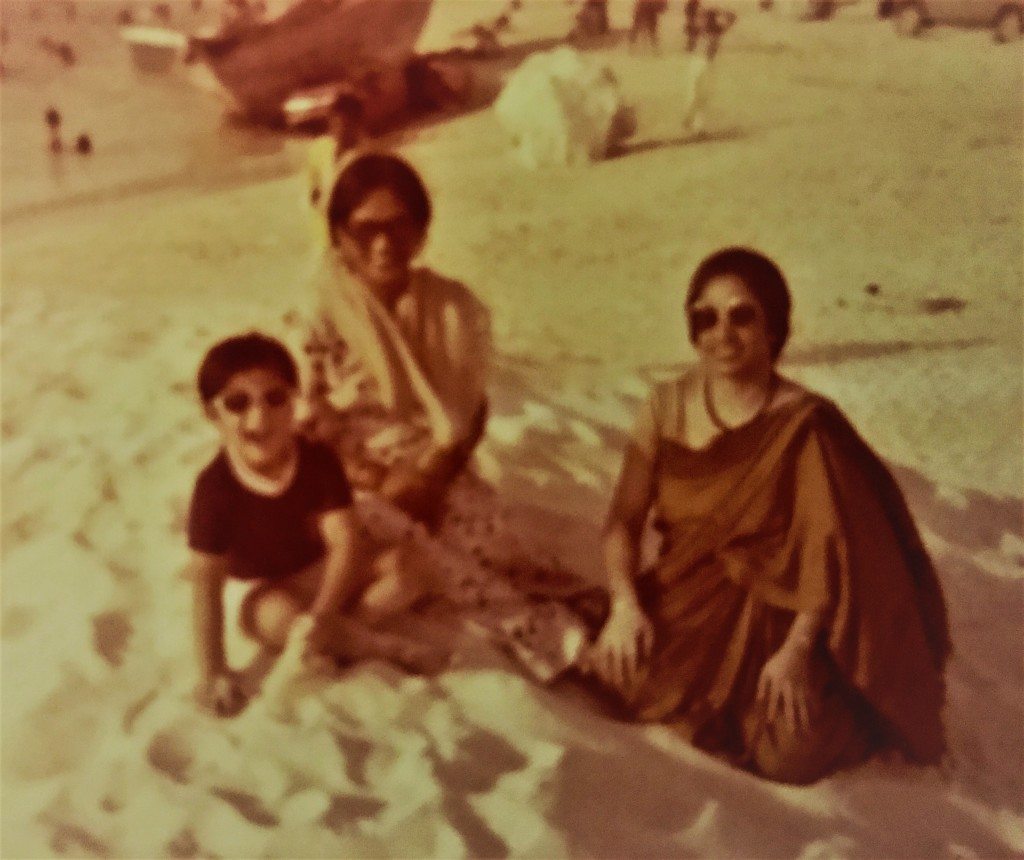
This bears some explanation. In American culture, it’s becoming increasingly common for parents to be more like your friends than authority figures, but as a desi that can be an uncomfortable situation both for the parents as well as children. Desi parenting tends to revolve around being over-protective and exerting influence, so the shift to friend mode where parents and children can talk freely about their lives and cross traditional boundaries can be a shock to the system.
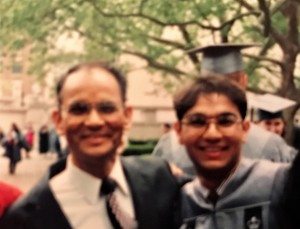
[dropcap]B[/dropcap]ased on my own informal polling of desi friends, most parent-children relationships still veer more towards the authority figure route. The likely reason for this is the cultural norm that I referenced above – many desi parents would like to retain the sense of control that can be lost in a friendship, and I’m willing to bet that even a lot of desi children wouldn’t want it the other way. For one thing, interacting with parents as friends can seriously freak everyone out. For another, and speaking personally, I already have plenty of friends and prefer my father to be the same towering figure whom I could lean on as a child. I don’t really need him as a buddy.
But I’m also being a little coy here. The reality of my relationship with my father is not so black and white. I mentioned earlier that even as the life gap between us grows, I have come to learn a lot more about him as an individual and that has allowed me to appreciate him more as a peer than as a parental figure. In fact, I would say that it’s difficult to fully appreciate your parents as individuals unless you can add an element of friendship to the mix, and for me that process has been enriching. The more I learn about my dad’s personal story, independent of his role as my parent, the more impressed I am with him.
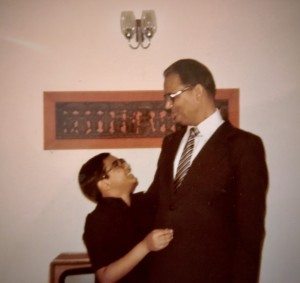
[dropcap]Y[/dropcap]ou have seen that black and white photograph of your mother performing classical Indian dance in college – but do you know what that picture represents? Do you know what the experience was like for your mom, what it meant to her? Did she want to be a classical dancer professionally? Did she give it up to bear children, to have YOU? It’s easy to ignore how we got here when our parents did all the driving, but one day we will be the drivers and knowing our parents’ history can help us not only acknowledge their sacrifices better but also improve our own navigational skills for the future. Being friends with our parents can help achieve that.
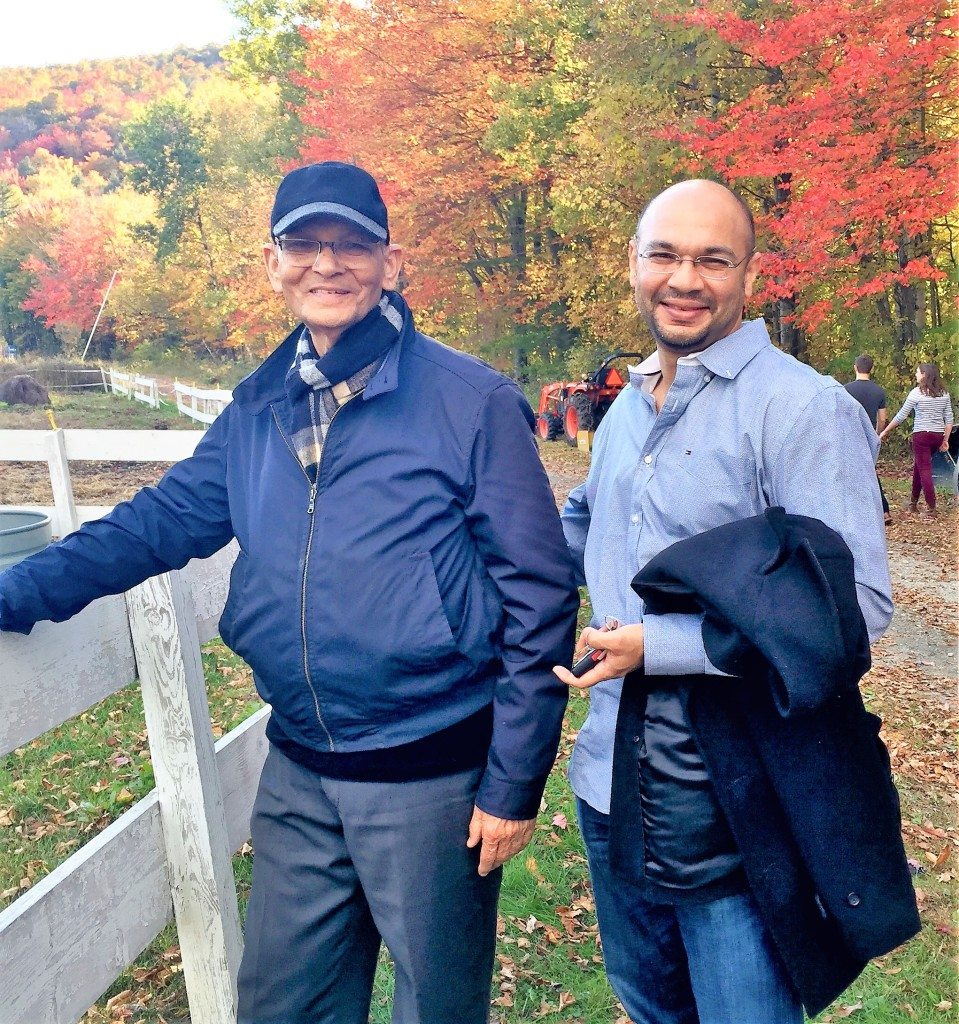
[dropcap]I[/dropcap] would also say that the aging process for both parents and children can actually enhance a friendship since it’s hard to appreciate the many – often quirky and amazing – facets of our parents’ lives without having life experience ourselves. I doubt that I would have been able to value my father’s personal journey even a decade ago but now I find myself not only intrigued by it but comparing it to my own life and attitudes. To me at least, it’s the ultimate type of growth.
Finally, it’s worth remembering that our parents are actually the first friends we ever make in life, and often the best. The nature of that friendship does change over time but it’s always there. What this means is that maybe the whole question of parental relationship versus friendship is really just semantics, and the best thing we can do is just learn to enjoy the evolution of that relationship into whatever it turns into.


1 Comment
We welcome your comments and would love you to share your experiences in dealing with this issue.